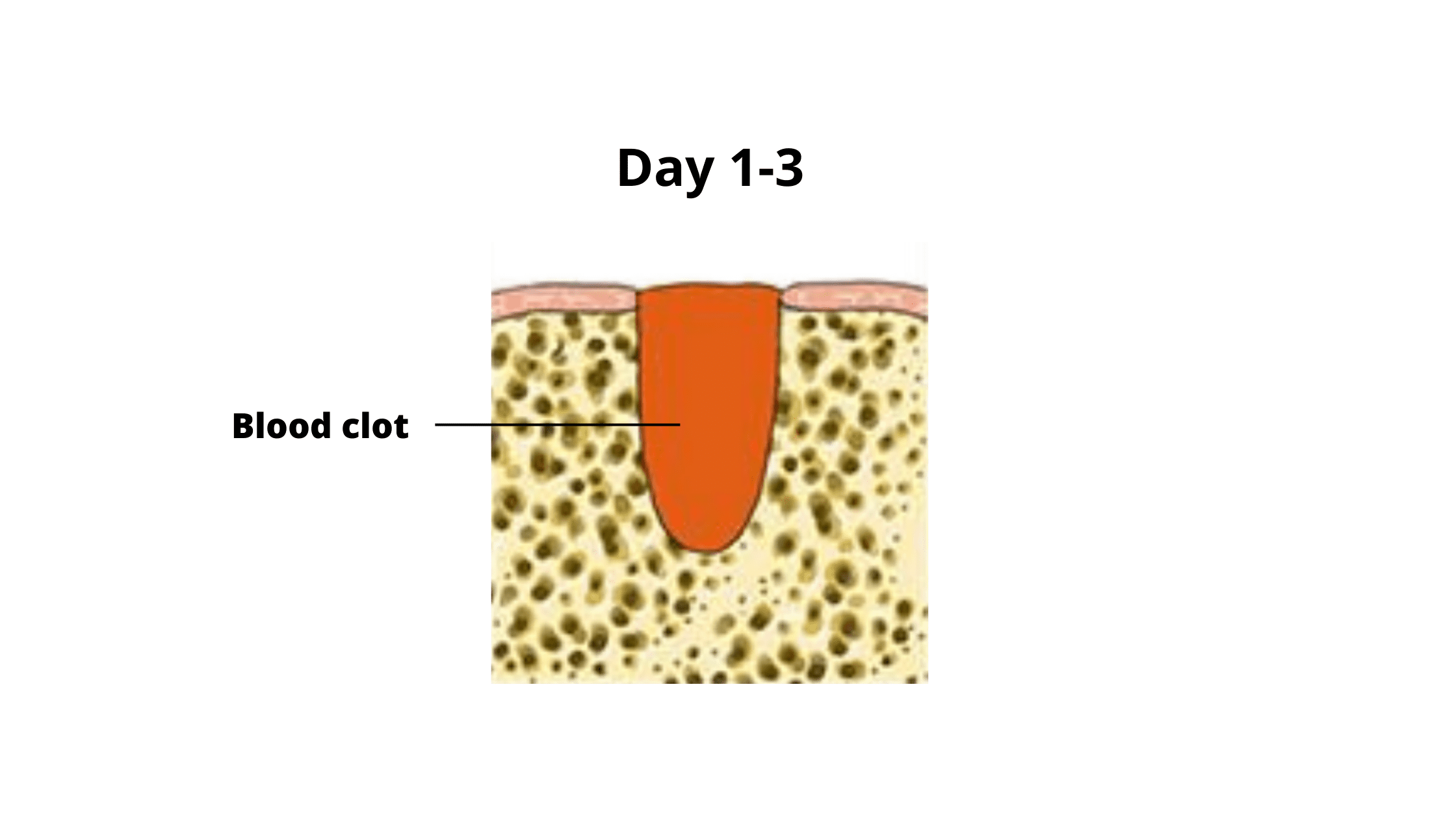10 Fever Fixes After Tooth Extraction

Managing fever after a tooth extraction is crucial for a smooth and comfortable recovery. Fever can indicate the body’s response to the surgical trauma, infection, or other complications. Here are ten effective fever fixes to consider after tooth extraction:
Stay Hydrated: Drinking plenty of water is essential to help your body recover from the surgery and to prevent dehydration, which can exacerbate fever. Aim for at least eight glasses of water a day, and consider increasing your intake if you have a fever. You can also consume clear broths, electrolyte-rich beverages like coconut water or sports drinks, and ice chips to help replace lost fluids.
Rest: Getting adequate rest is vital for your body to fight off any potential infection and recover from the surgery. Aim for 8-10 hours of sleep each night and take naps during the day if needed. Elevate your head with extra pillows to reduce swelling and promote comfortable breathing.
Medication: Over-the-counter pain relievers such as acetaminophen (Tylenol) or ibuprofen (Advil, Motrin) can help reduce fever and alleviate pain. However, always follow the instructions on the label and consult your dentist or doctor before taking any medication, especially if you have any underlying medical conditions or take other prescriptions.
Cold Compress: Applying a cold, damp washcloth to your forehead, cheeks, or neck can help cool down your body and reduce fever. Repeat this process as needed, but avoid using extreme cold or ice directly on your skin.
Saltwater Rinse: Rinsing your mouth with warm salt water several times a day can help reduce swelling, ease pain, and draw out infection. Mix 1⁄2 teaspoon of salt in a cup of warm water and swish it around your mouth for 30 seconds before spitting it out. Avoid swallowing the salt water.
Soft Foods: Eating soft, nutritious foods like yogurt, scrambled eggs, and mashed potatoes can help your body recover without putting too much strain on your mouth or digestive system. Avoid hot, spicy, or hard foods that can irritate your mouth or exacerbate fever.
Monitor Your Temperature: Keep track of your temperature regularly, ideally every 2-3 hours, to ensure it doesn’t exceed 103°F (39.4°C). If your fever persists or increases, contact your dentist or doctor for further guidance.
Practice Good Oral Hygiene: Maintaining good oral hygiene is essential to prevent infection and promote healing. Gently brush your teeth with a soft-bristled toothbrush, avoiding the extraction site, and use an antibacterial mouthwash as directed by your dentist.
Avoid Irritants: Avoid smoking, drinking alcohol, or consuming caffeinated beverages, as these can irritate your mouth, delay healing, and worsen fever.
Follow Your Dentist’s Instructions: Your dentist may provide personalized advice or prescribe antibiotics to prevent or treat infection. Be sure to follow their instructions carefully and attend any scheduled follow-up appointments to ensure a smooth recovery.
What is a normal temperature range after tooth extraction?
+A normal temperature range after tooth extraction is usually below 100.4°F (38°C). If your temperature exceeds this range, consult your dentist or doctor for further evaluation.
How long does it take for fever to subside after tooth extraction?
+Fever usually subsides within 24-48 hours after tooth extraction. However, if your fever persists or worsens, seek medical attention to rule out any potential complications.
Can I take antibiotics to prevent fever after tooth extraction?
+Antibiotics may be prescribed by your dentist or doctor to prevent or treat infection. However, it's essential to follow their instructions carefully and only take antibiotics as directed, as overuse or misuse can lead to antibiotic resistance.
In conclusion, managing fever after tooth extraction requires a combination of rest, hydration, medication, and good oral hygiene practices. By following these ten fever fixes and consulting your dentist or doctor if necessary, you can reduce your risk of complications and ensure a smooth recovery. Remember to monitor your temperature regularly and seek medical attention if your fever persists or worsens.
